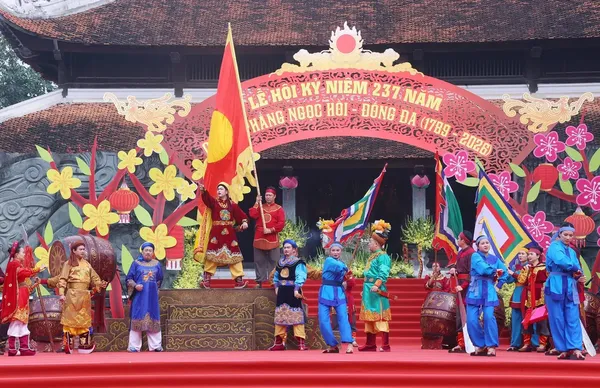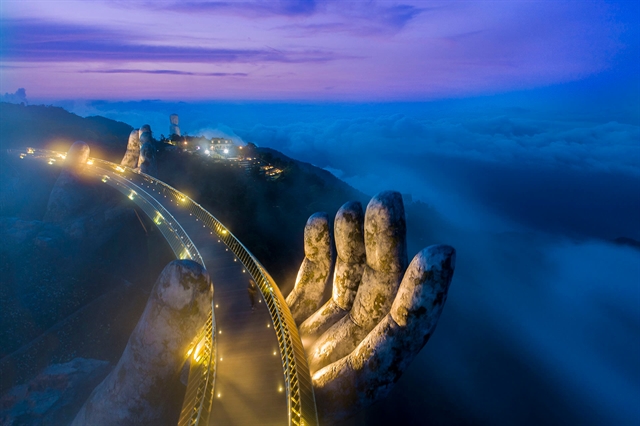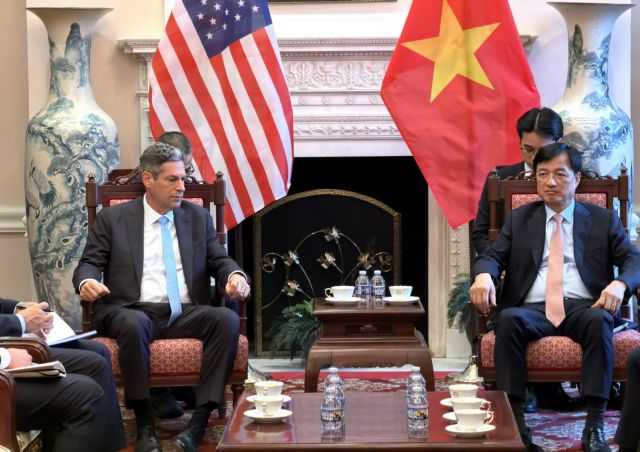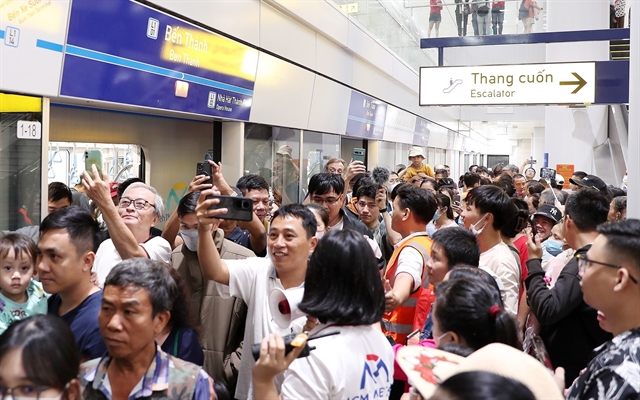 Society
Society
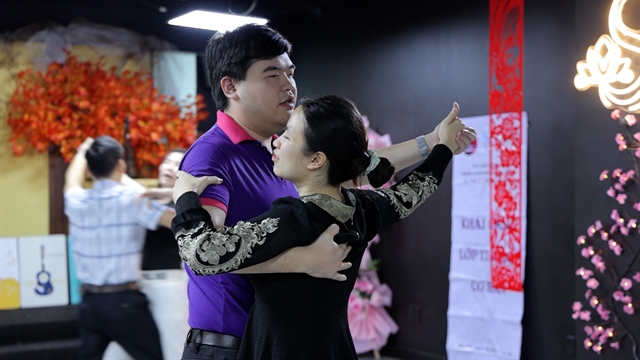
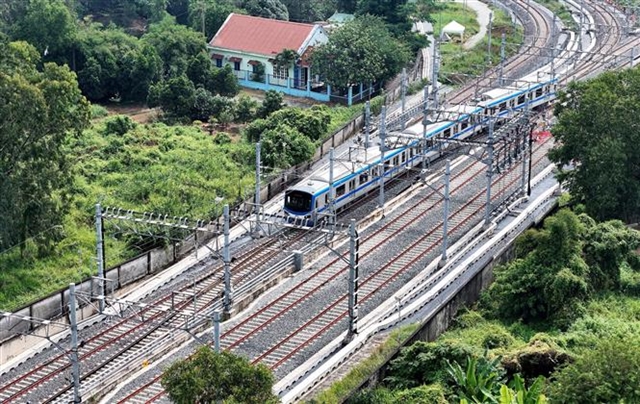 |
| Metro Line 1 (Bến Thành - Suối Tiên) in HCM City. VNA/VNS Photo |
HÀ NỘI — During the initial operation of Metro Line 1 (Bến Thành - Suối Tiên) in HCM City, weather and technical challenges caused some issues, resulting in emergency stops to ensure passengers’ safety, according to the project investor.
During a press briefing on Friday, head of the HCM City’s Urban Railway Management Board (MAUR) Phan Công Bằng said that HCM City's first metro line, which officially began operating on December 22, has attracted significant public interest, especially on weekends, after nearly a month of operation.
"We are very encouraged by the enthusiastic support from the public for Metro Line 1. However, during the initial operational phase, some issues due to weather and technical conditions are unavoidable," Bằng said.
According to MAUR's leadership, the electromechanical systems, signalling and information equipment and rolling stock control systems are part of Package No 3, executed by Japanese contractor Hitachi.
Although the contract was signed in 2013, installation only began at the end of 2020.
These components were manufactured and installed following Japanese standards, while Việt Nam currently lacks specific standards for urban railways. Over the past four years, exposure to HCM City's hot and humid weather and high levels of fine dust has caused certain issues upon operation, such as sub-optimal performance of platform screen doors.
"This issue had been identified during the trial operations and conditional acceptance was implemented with the contractor," Bằng explained, adding that all issues related to the signal system and platform screen doors would be resolved by March 30.
Regarding the lightning strike incident on December 27 at Tân Cảng Station, which temporarily halted Metro Line 1's operations, Bằng said there were two options at the time: automatically restoring operations or conducting a full inspection of the electrical system before manual operation.
"Although automatic recovery was possible, given the early operational phase, we opted for the manual mode as recommended by Japanese consultants and contractors. This caused longer delays and interruptions," MAUR leadership stressed.
Bằng also noted that in other countries, it is not uncommon to encounter issues in the initial days of metro operations. It takes time for the system to run smoothly and adapt to local conditions, and he called for passengers' understanding.
Moving forward, MAUR will continue to work closely with related parties to thoroughly inspect and address all system issues, committing to resolving any identified problems within six months at most.
"Each time the train stops due to an incident, we feel deeply concerned. The operations team is always striving to address and thoroughly resolve these issues," Bằng added. —VNS


